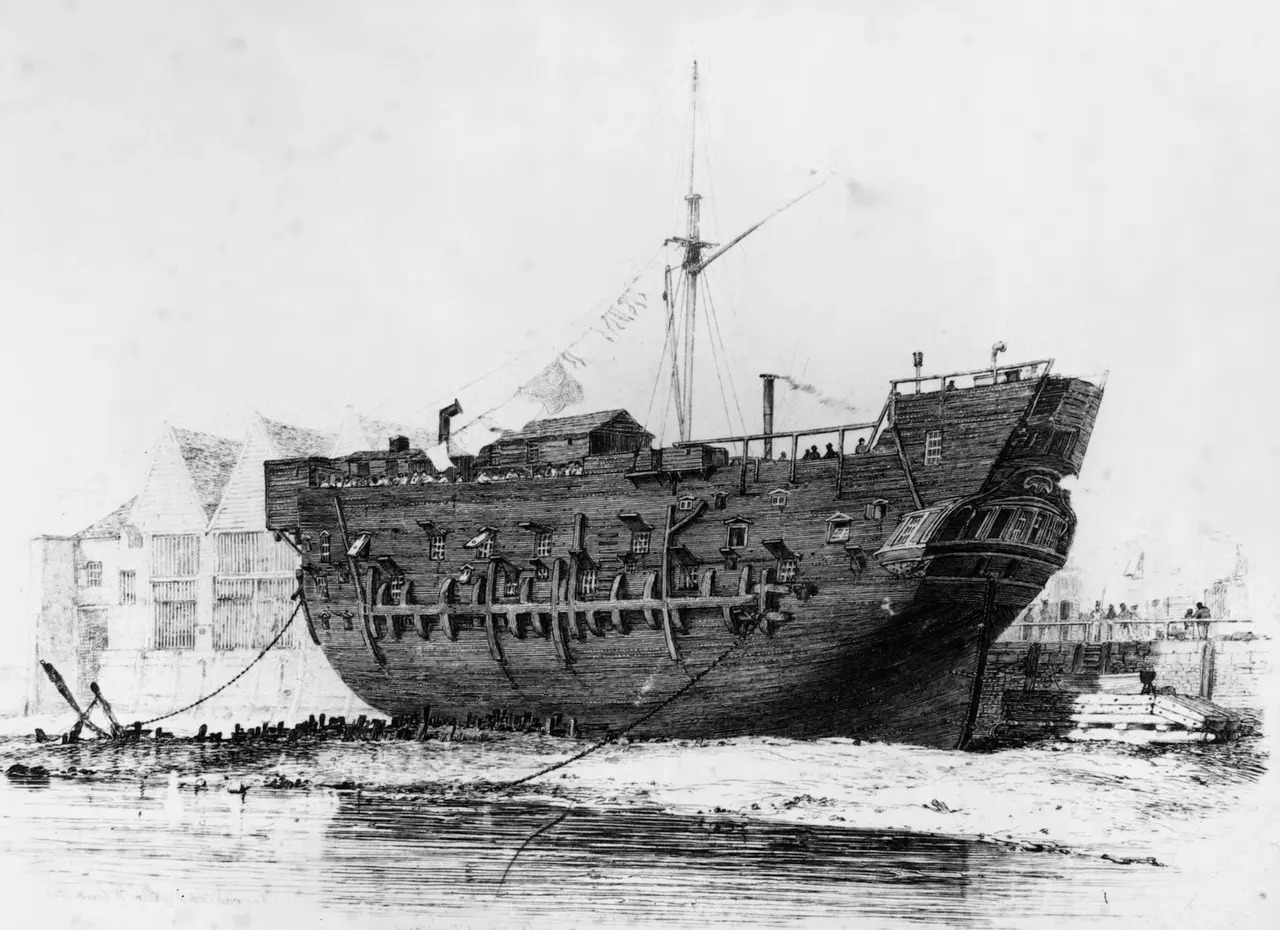The Surprising Reason Great Britain Sent Prisoners To Australia

Why did Great Britain send prisoners to Australia? The answer lies in a mix of overcrowded jails, social issues, and the need for new colonies. In the late 18th century, British prisons were bursting at the seams. Crime rates were high, and the government needed a solution. Australia, with its vast, uninhabited lands, seemed like the perfect place. Sending prisoners there served two purposes: it reduced the number of inmates in Britain and helped establish a new colony. This move also aimed to deter crime by showing harsh consequences. Curious about how this decision shaped both nations? Keep reading to find out!
The Overcrowded Prisons of Great Britain
In the late 18th century, Great Britain faced a massive problem: overcrowded prisons. Crime rates soared, and jails couldn't keep up. Authorities needed a solution, and fast.
Newgate Prison: Located in London, Newgate was notorious for its harsh conditions. By the 1770s, it was bursting at the seams, housing more inmates than it could handle.
Old Bailey: This central criminal court saw countless trials, leading to even more prisoners. The system couldn't cope with the influx, pushing officials to seek alternatives.
Fleet Prison: Known for holding debtors, Fleet Prison also struggled with overcrowding. Many inmates lived in squalor, prompting calls for change.
The American Revolution's Impact
The American Revolution threw a wrench in Britain's plans. Before the war, many convicts were sent to the American colonies. But with independence, that option vanished.
Virginia: One of the primary destinations for British convicts, Virginia's independence meant Britain needed a new place to send prisoners.
Maryland: Another colony that received convicts, Maryland's break from British rule left officials scrambling for alternatives.
Georgia: This southern colony also took in many prisoners. Its newfound independence forced Britain to rethink its penal strategy.
The Search for a New Penal Colony
With America off the table, Britain looked elsewhere. Australia, a distant and largely unknown land, seemed like the perfect solution.
Botany Bay: Captain James Cook's reports of Botany Bay made it an attractive option. Its remote location promised a fresh start for convicts.
Norfolk Island: This small island offered isolation and security, making it an ideal spot for a penal colony.
Port Jackson: Later known as Sydney, Port Jackson became the main settlement for transported convicts. Its natural harbor provided a strategic advantage.
Economic and Social Factors
Sending prisoners to Australia wasn't just about solving overcrowding. Economic and social factors played a significant role too.
Labor Shortage: Australia needed labor to build infrastructure. Convicts provided a ready workforce, helping to develop the new colony.
Social Control: Transporting criminals far away helped maintain social order in Britain. It removed troublemakers and deterred crime.
Colonial Expansion: Establishing a presence in Australia allowed Britain to expand its empire, securing valuable resources and strategic locations.
The Legacy of Transportation
The decision to send prisoners to Australia had lasting effects. It shaped the continent's history and left a complex legacy.
Cultural Impact: Convicts and their descendants contributed to Australia's unique culture. Their stories and struggles became part of the national identity.
Economic Growth: The labor provided by convicts helped lay the foundation for Australia's economy. Roads, buildings, and farms all benefited from their work.
Legal Reforms: The transportation era led to significant changes in Britain's legal system. Over time, reforms aimed to improve prison conditions and reduce crime.
Lessons from History
Great Britain sent prisoners to Australia to solve overcrowded jails and establish a new colony. This decision shaped both nations' futures. The convicts, many of whom were petty criminals, faced harsh conditions but also opportunities for a fresh start. Their labor helped build infrastructure and communities in Australia, laying the groundwork for its development.
This historical event highlights how decisions driven by necessity can lead to unexpected outcomes. Australia's transformation from a penal colony to a thriving nation shows the resilience of people and the impact of migration. It also reminds us of the importance of understanding history to appreciate the present.
Learning about this chapter in history provides insight into how societies evolve and adapt. It’s a testament to human endurance and the complex interplay between policy and people’s lives.

